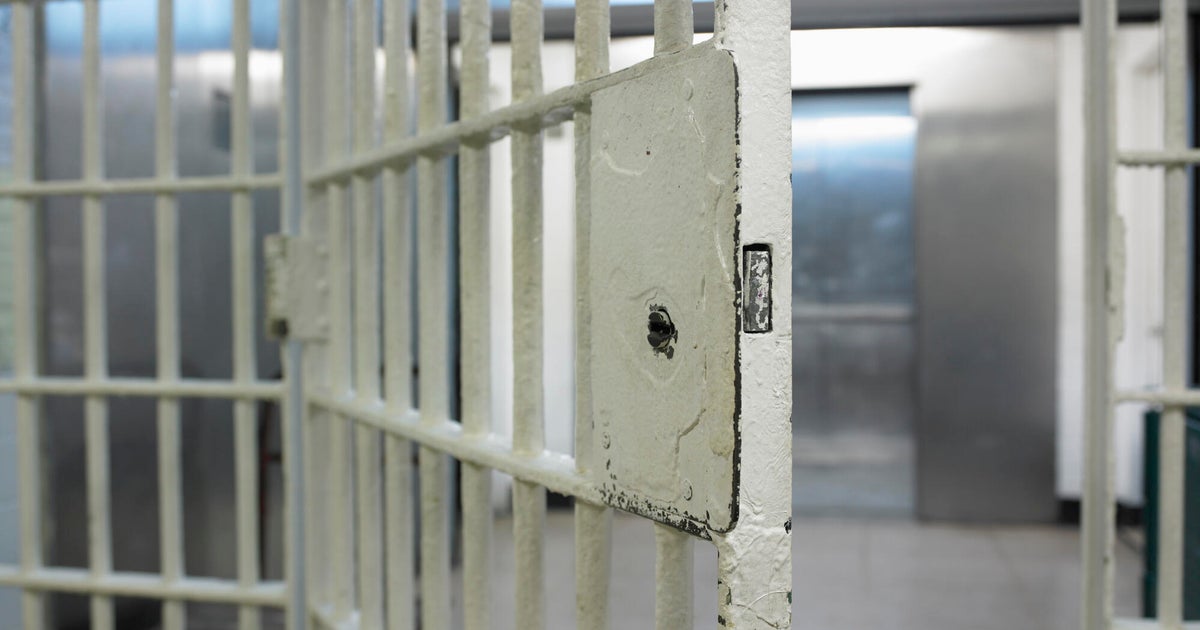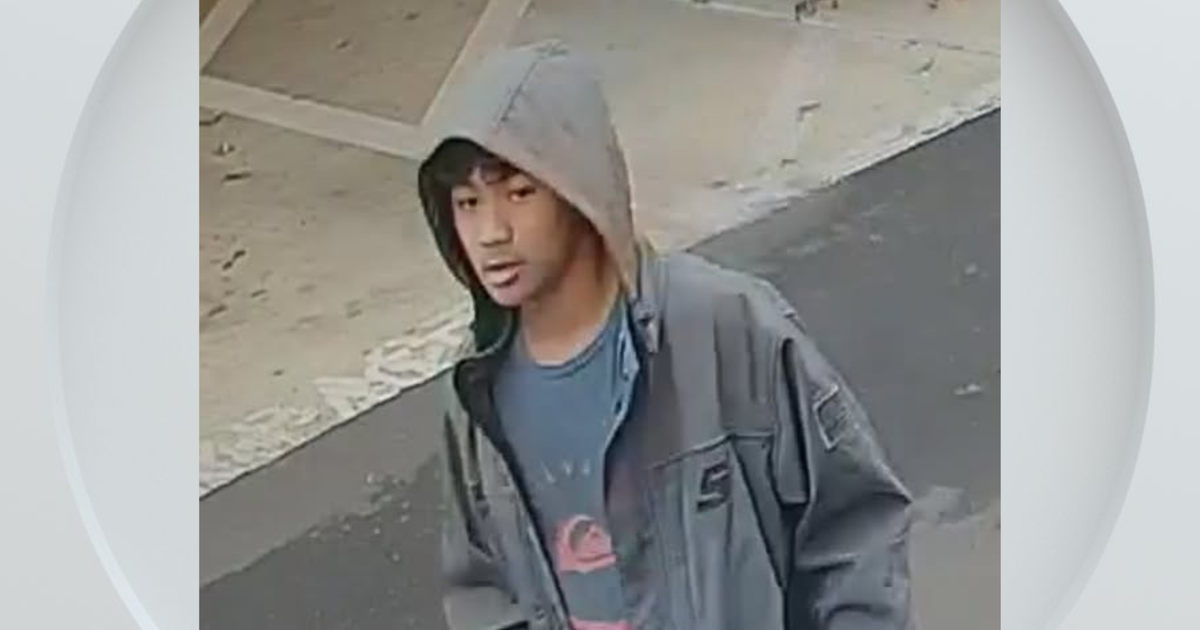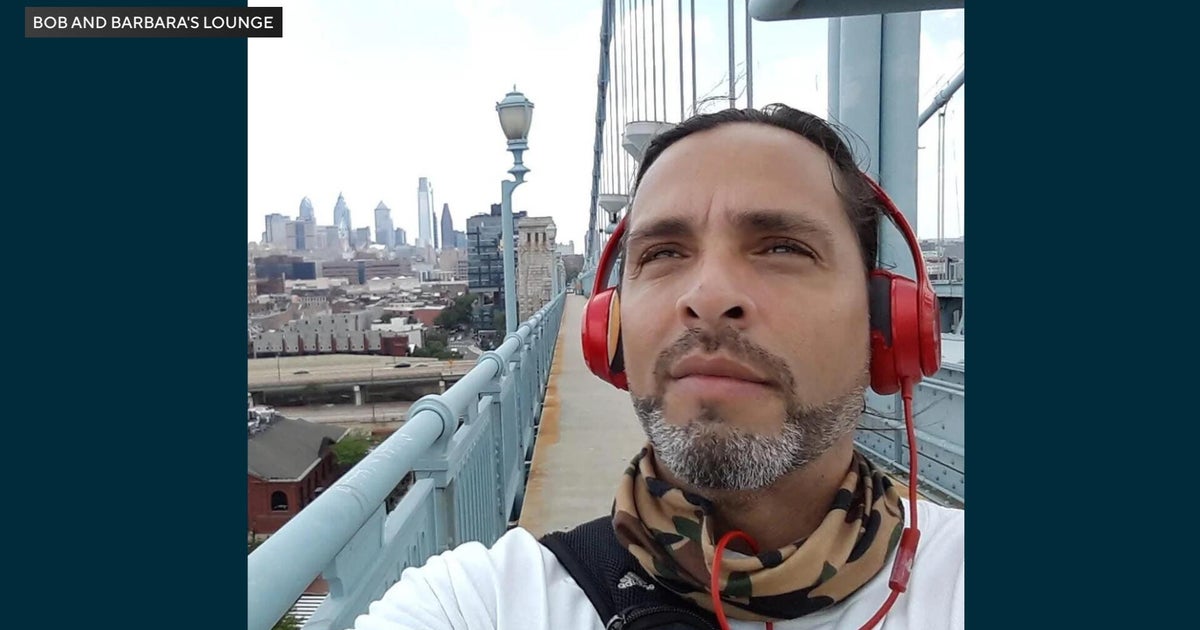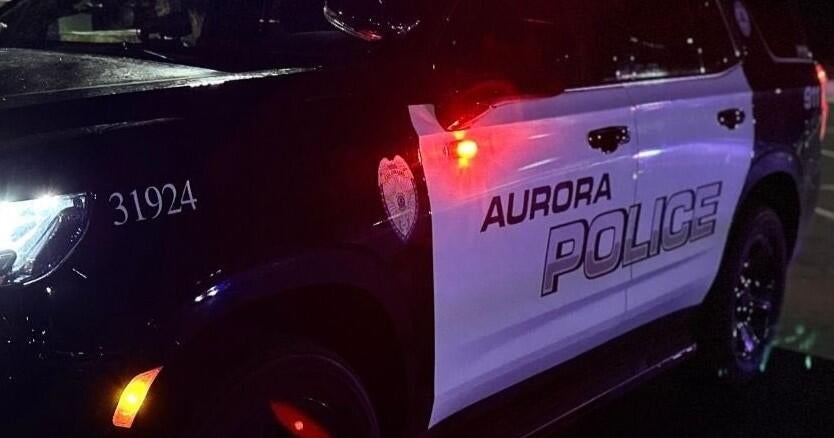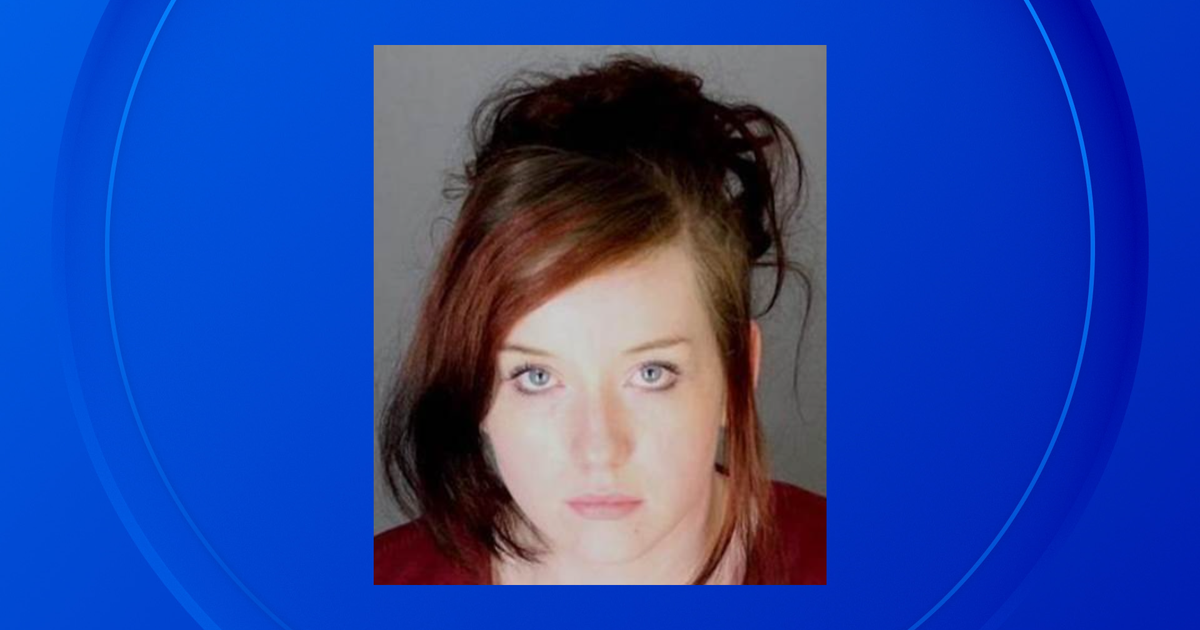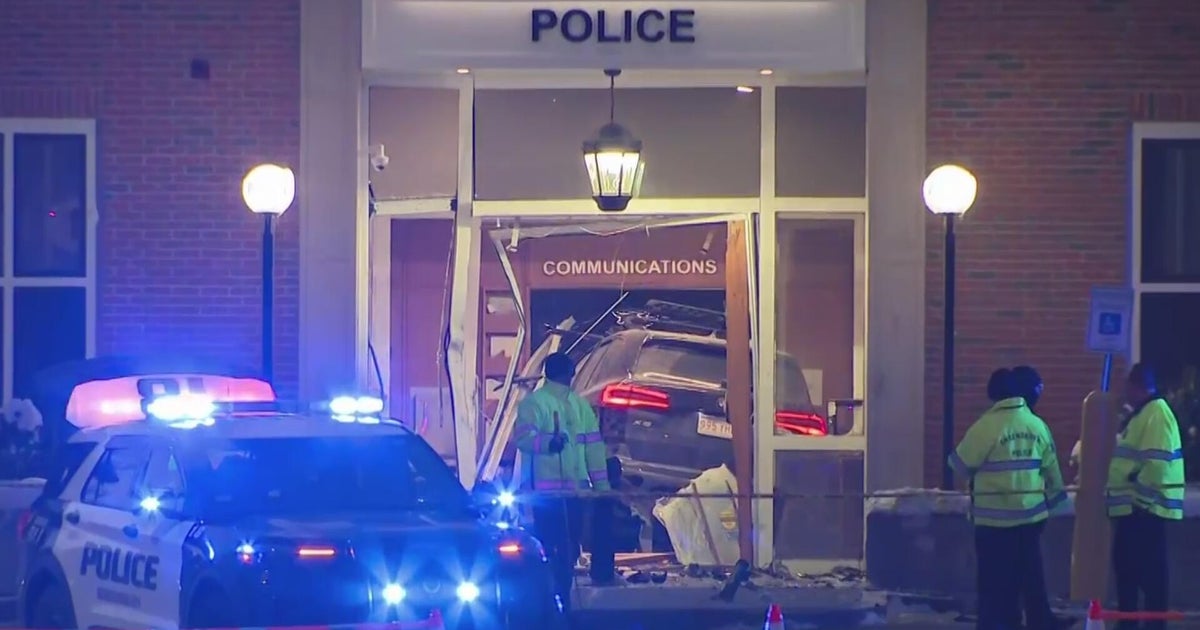A look into changes to facial recognition after wrongful arrest in Detroit
(CBS DETROIT) — The Detroit Police Department is changing how it uses facial recognition technology as part of a lawsuit settlement. The ACLU called it a pathbreaking settlement.
The multiple policy changes come as part of a settlement with Robert Williams, a man who was wrongly arrested in Detroit in 2020 after facial recognition technology falsely identified him as a theft suspect.
"We believe this is a step in the right direction though, and we are very pleased with helping to get this far," said Williams.
One of the biggest policy changes is that Detroit police cannot make arrests or conduct photo lineups based on facial recognition results alone.
"Get a facial recognition lead, and then they go out and do old-fashioned police work. And see if there's actually any reason to believe that the person who was identified as a lead through facial recognition might have committed the crime," said Phil Mayor, with the ACLU of Michigan.
Police now must also go through additional facial recognition training, and will have to disclose when the technology was used to make an arrest, along with disclosing the flaws of the technology.
"We are confident that these new practices will prevent future misidentifications in the future," said Deputy Chief Franklin Hayes with the Detroit Police Department.
He said facial recognition technology is an important tool for them, not only for leading to arrests and warrants but also for clearing someone of wrongdoing.
"It's extremely effective, and it's helped us clear some cases, some very violent cases."
Hayes said the policies are already in place, and the department welcomes the changes and hopes they can become the model for other agencies.
"To have some additional safeguards for the civil liberties, to ensure responsible use, and that we get it right. This was a win-win."
The ACLU said Williams was the first publically reported case in the country of a person wrongfully arrested due to facial recognition technology. Since then they've learned of at least six more similar cases, and nearly all of the wrongfully arrested were black. They said some cities have banned the technology, but most have little to no facial recognition policies in place. They said they hope Detroit's robust rules will start a trend across the country,


